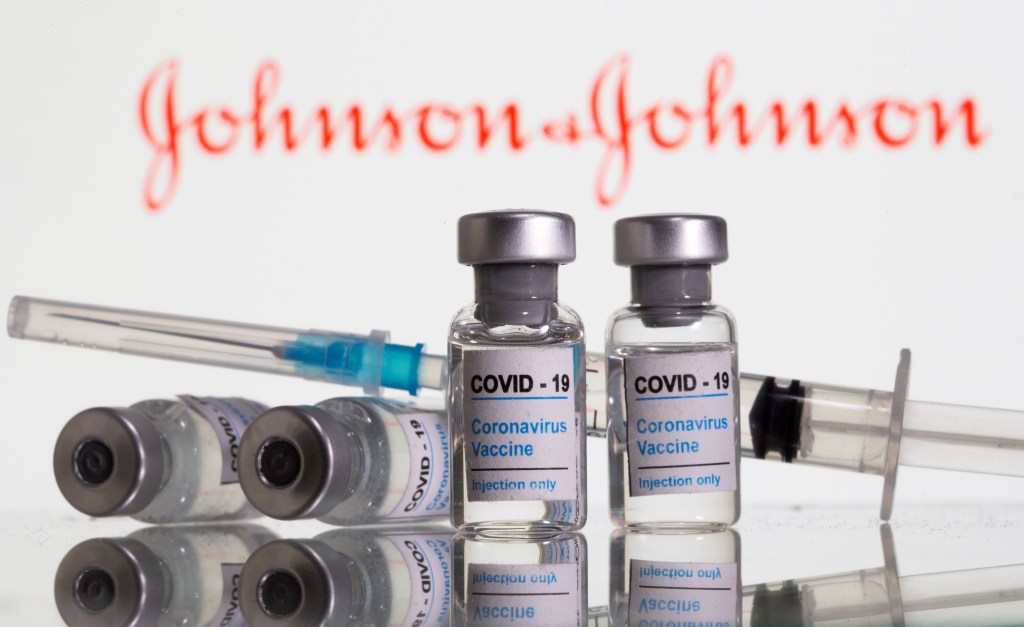The Food and Drug Administration warned Americans Monday of reports of a rare immune system disorder among people who got the Johnson & Johnson vaccine.
The disorder is called Guillain-Barre syndrome. It occurs when the body’s immune system mistakenly attacks some of its nerve cells. Guillain-Barre syndrome can be triggered by a number of infections, including flu, cytomegalovirus (CMV) and Zika virus. But there have been rare cases in which people develop the disorder days or weeks after receiving certain vaccines.
Guillain-Barre syndrome can causes muscle weakness, and paralysis in some cases. The Centers for Disease Control and Prevention estimated 3,000 to 6,000 people develop the syndrome each year.
The FDA and the CDC reviewed about 100 reports of people developing the syndrome after receiving the Johnson & Johnson vaccine. Most cases were reported in men 50 years and older, usually within 42 days of receiving the vaccination. The FDA said almost all of were hospitalized and one person died. 12.8 million doses of the J&J vaccine have been administered in the U.S.
The new warning will be included in pamphlets given to people getting the J&J shot. According to the FDA, people should seek medical attention if they experience any symptoms, including tingling sensations, trouble walking and double vision.
Johnson & Johnson said in a statement it has been discussing the reports with the FDA and other health regulators around the world. “We strongly support raising awareness of the signs and symptoms of rare events to ensure they can be quickly identified and effectively treated,” the statement went onto say.
To date, the CDC says the Pfizer and Moderna vaccines show no risk of the disorder after more than 320 million doses have been administered. I will ask a panel of outside vaccine experts to review the possible side effect at an upcoming meeting.

